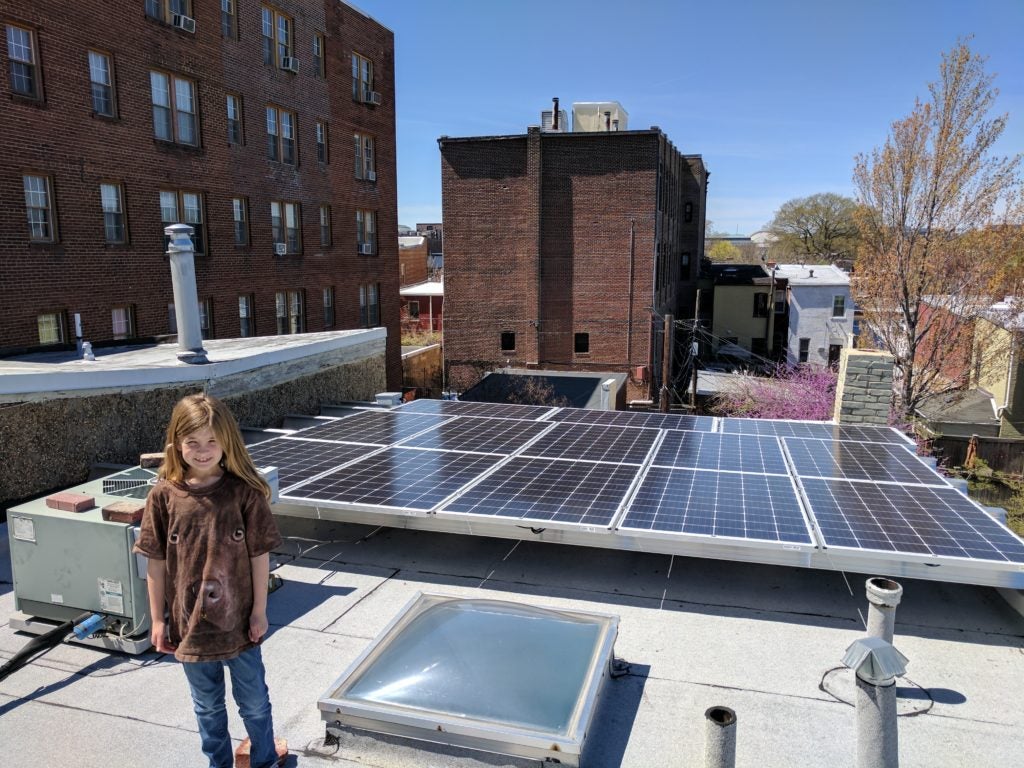D.C. Historic Preservation Board Changes Course, OKs Street-Facing Solar

Until recently, if you lived in a historic property in D.C., your roadmap to getting rooftop solar sent you through the Historic Preservation Review Board (HPRB). The HPRB is where many solar dreams went to die. Earlier this month, though, the board took its first historic steps toward allowing more D.C. homeowners to install solar arrays on street-facing roofs.
Solar arrays work best when they face a southerly direction. But the HRPB regularly denies systems unless they are “not visible from the public street view” and they preferred systems “on a secondary building or rear addition where they may have less impact on the primary roof”.
This meant that homeowners in historic properties could not install solar panels on any roof that was visible from the street. However, homeowners in the Takoma neighborhood sought to install an array that matched the color of their roof to ensure that the arrays detracted as little aesthetic value from their home as possible — a tactic that proved successful with the preservation board.
“We’ve always respected the decisions of the Historic Preservation Board, and we’ve worked with them in the past to install solar arrays on historic homes,” said Solar United Neighbors executive director Anya Schoolman. “That said, this is a really exciting development. This is going to open the way for even more D.C. homeowners to go solar, and we hope preservation boards across the country follow D.C.’s lead.”
The board’s redirection is absolutely a step in the right direction, small as it may be. Plenty of historic buildings all over D.C. have antennas, satellite dishes, power lines, gutters, storm windows, and other modern amenities on their roofs. It only makes sense to allow homeowners to install solar panels as well. Homeowners in historic districts who have been previously prohibited from having rooftop solar can now look forward to a near future where the sun pays their electricity bill.
